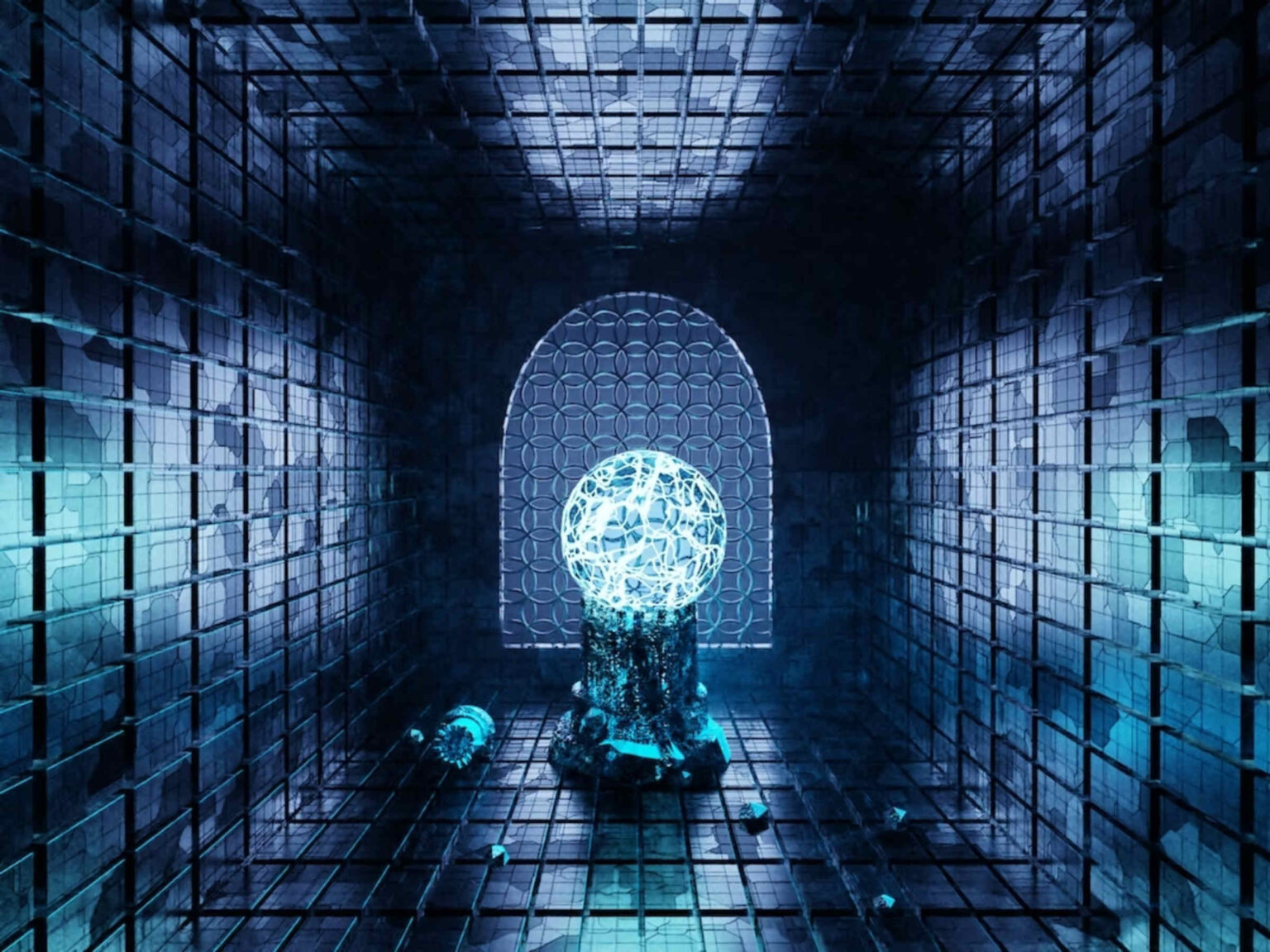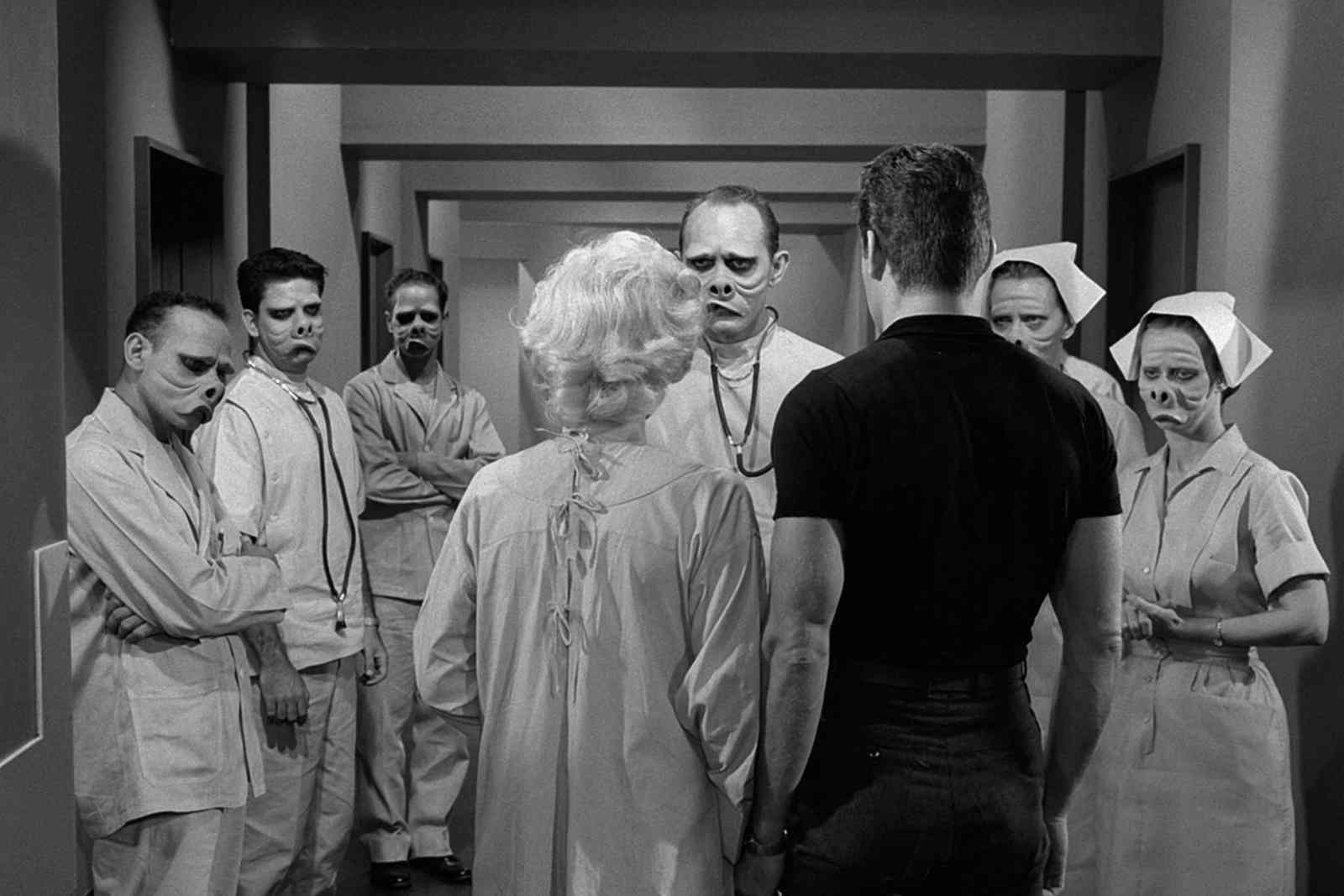
Best of Sci-Fi Films, Shows, & Games
Of all the most recognizable themes explored in popular culture, sci-fi is one of the most recognizable. With its ties to technological advancement, it’s also one of the youngest. Most pop culture experts agree that the theme began to emerge in the 1920s, which coincides with the advent of technology such as radio, photography, and film.
At the time, creators like HG Wells began exploring the bounds of fiction, technology, and otherworldly concepts like aliens. War of the Worlds helped spur further interest in sci-fi themes. Decades later, some of the earliest video game smash hits were borrowed from early sci-fi storytellers.
These include classics like Space Invaders (released by Taito in 1978), which was actually inspired by War of the Worlds, and the very first RPG ever released, titled Metamorphosis Alpha. Though the latter was a board game instead of a video game, it marked the start of a sci-fi obsession that eventually contributed to major gaming titles like Mass Effect and EVE Online.

Aside from traditional video games, even slots are a gaming category that highlights otherworldly Sci-Fi appeal. For example, LuckyLand Slots offers dozens of slots online that cover a range of themes—Sci-Fi included. The company offers Galactic Blast for those who like alien worlds and technology, along with Paleo Payday for those who prefer a romp with prehistoric dinosaurs.
But which projects stand out more than the rest in terms of long-form entertainment, such as films, movies, and multi-installation video game series? Let’s take a closer look at the most successful sci-fi projects, as well as the biggest flop.
Best Sci-Fi Film: Blade Runner (1982)
Ridley Scott’s 1982 masterpiece didn’t begin as a film. In fact, the movie draws on Philip K. Dick (eminent authority on sci-fi fiction at the time) and his short story Do Androids Dream Of Electric Sheep? The story covers a bounty hunter responsible for ‘retiring’ enemy androids in a hellish 2019 Los Angeles.
But this sci-fi flick has stood the test of time not just for an unforgettable story (and a great performance by Harrison Ford). Instead, Scott managed to create an absorbing version of 2019 with stunning visuals, coupled with an 80s-themed synth track and a very human exploration of concepts like loneliness—largely through a visual medium.

Best Sci-Fi TV Show: The Twilight Zone
Most sci-fi fans would contend that Star Trek or Star Trek: The Next Generation deserves a place at the top of this list. After all, both shows helped rehash very human themes by exploring them in the context of outer space, alien races, foreign planets, and a myriad of other problems.
However, The Twilight Zone asked more pressing questions—and with far stranger and more creative and twisting storylines. The series first started in 1959, seamlessly incorporating divergent concepts, from what we perceive as ugliness to paranormal run-ins, into a ‘regular’ American version of life. In other words, The Twilight Zone didn’t just use sci-fi to explore the human condition, but also to directly question our own hidden cultural values.

Best Sci-Fi Video Game: Portal 2
As mentioned above, few industries have shown as much love and dedication to the sci-fi genre as video games. From the industry’s 8-bit beginnings, developers and gamers alike have gravitated toward tech-based themes—often in outer space. Unsurprisingly, this has led to a long list of quality sci-fi games, including Mass Effect, Half-Life, and many more.
However, Portal 2 stands out as one of the greatest sci-fi games of all time for its genre-defying story. Every genre has its own set of tropes, which tend to repeat. However, Portal 2 set these on their head with clever new gameplay tactics with puzzle-centric challenges. Still, it’s the story that has turned Portal 2 into an evergreen staple. In fact, by the end of the game, many gamers say that they were totally engrossed in the story by the time they neared the game’s finish—but few could have predicted its ending.

Biggest Sci-Fi Flop of All Time: Valerian and the City of a Thousand Planets
Back in 2017, filmmaker Luc Besson released one of the most highly anticipated sci-fi epics ever to hit the silver screen: Valerian and the City of a Thousand Planets. The story was based on a French science-fantasy comic book series (which helped inspire Star Wars) that stretched from 1967 to 2010. Clearly, the series picked up diehard fans along the way—and many had waited over a decade to see the story made into a film.
But the film was a critical (and indie) flop that cost around $230 million to produce. Even worse, there isn’t one reason to point to for its failure, but a long list of shortcomings.



